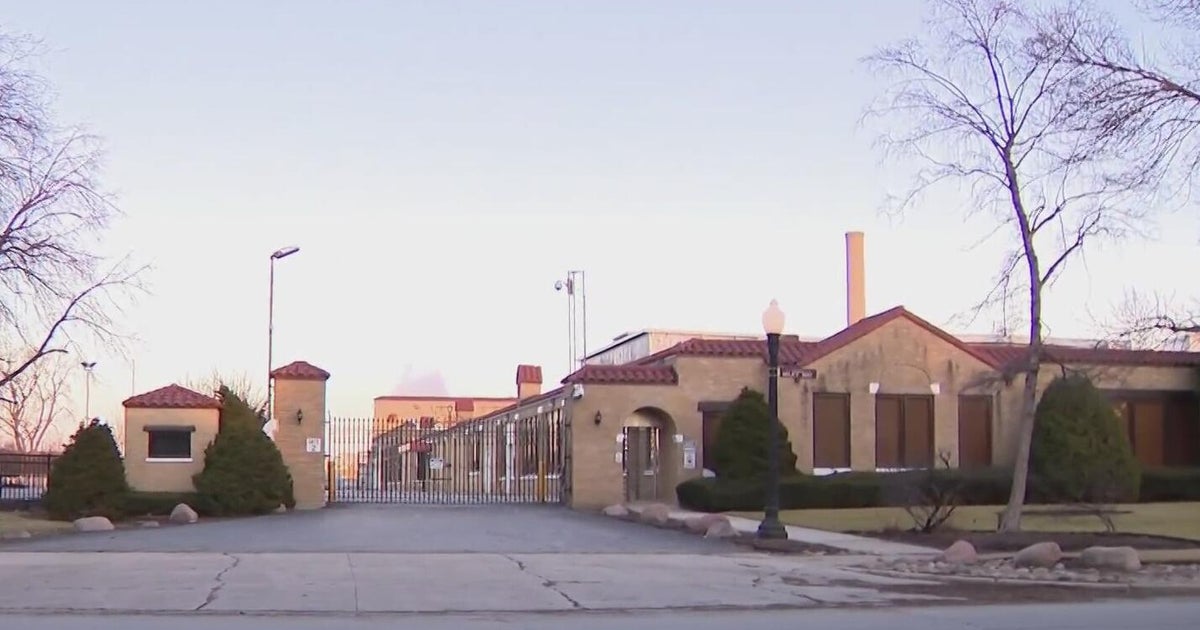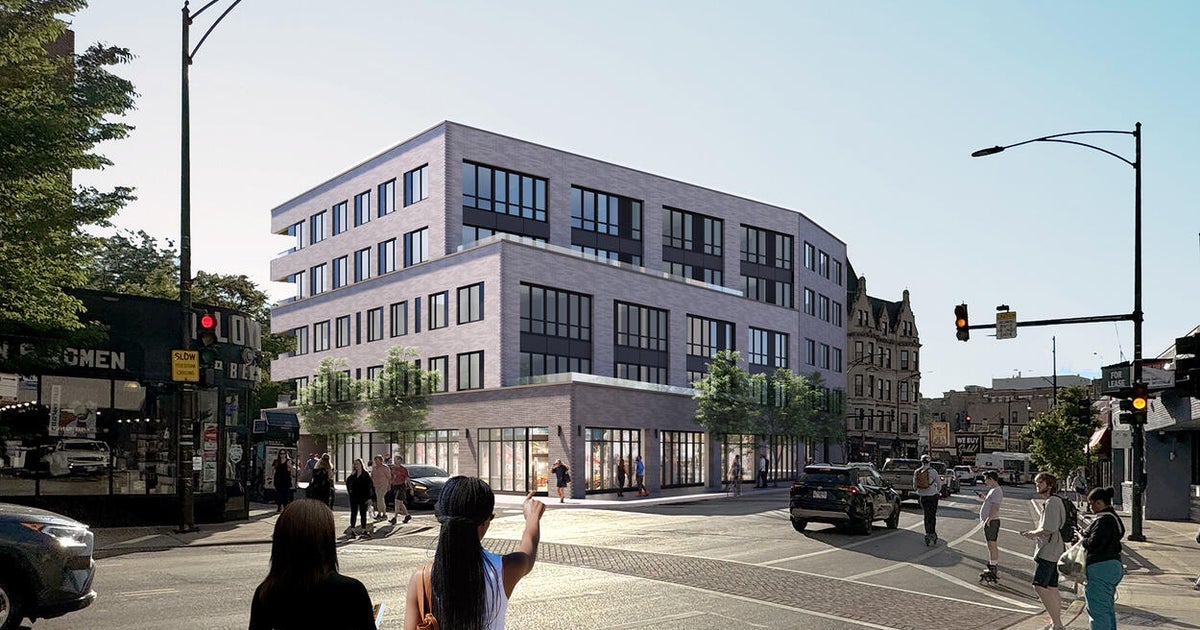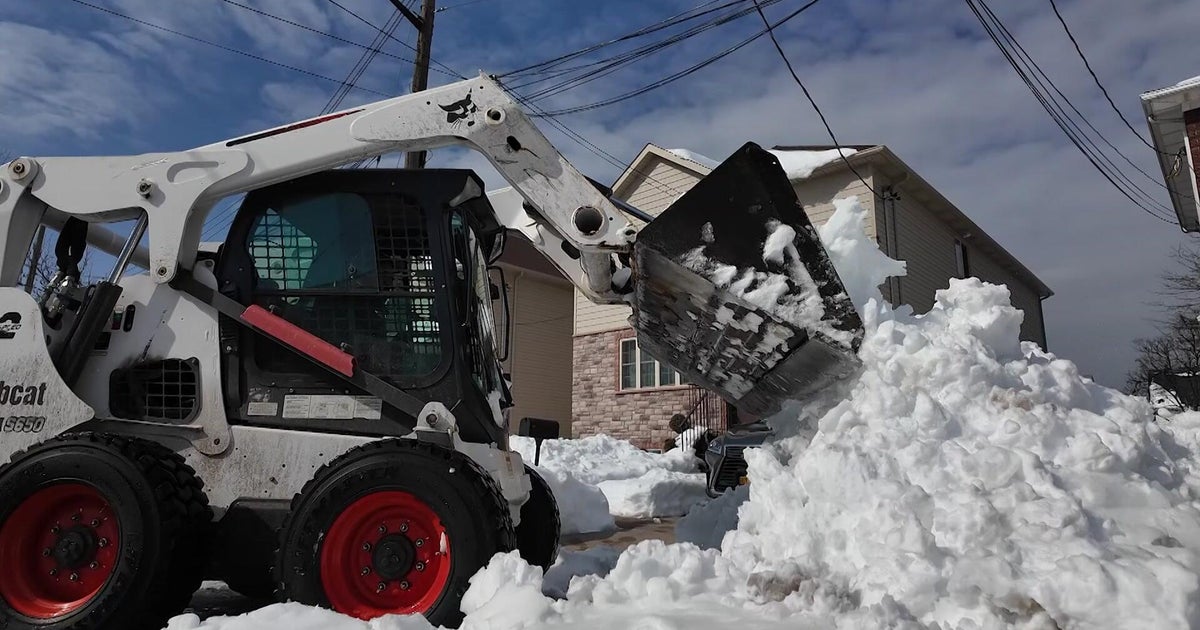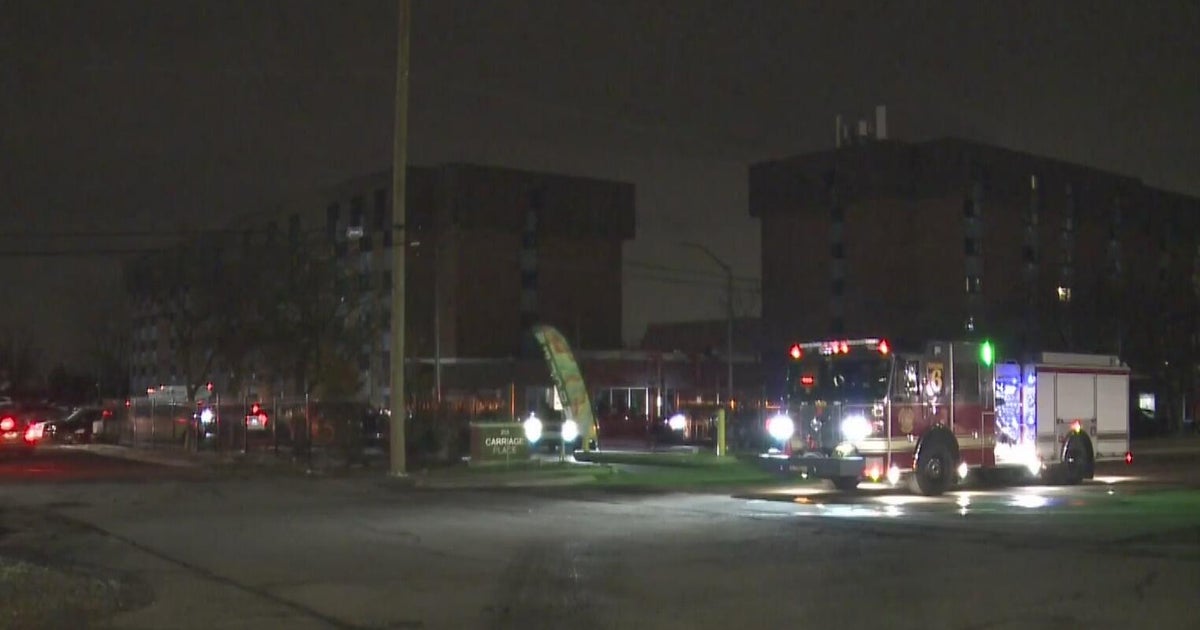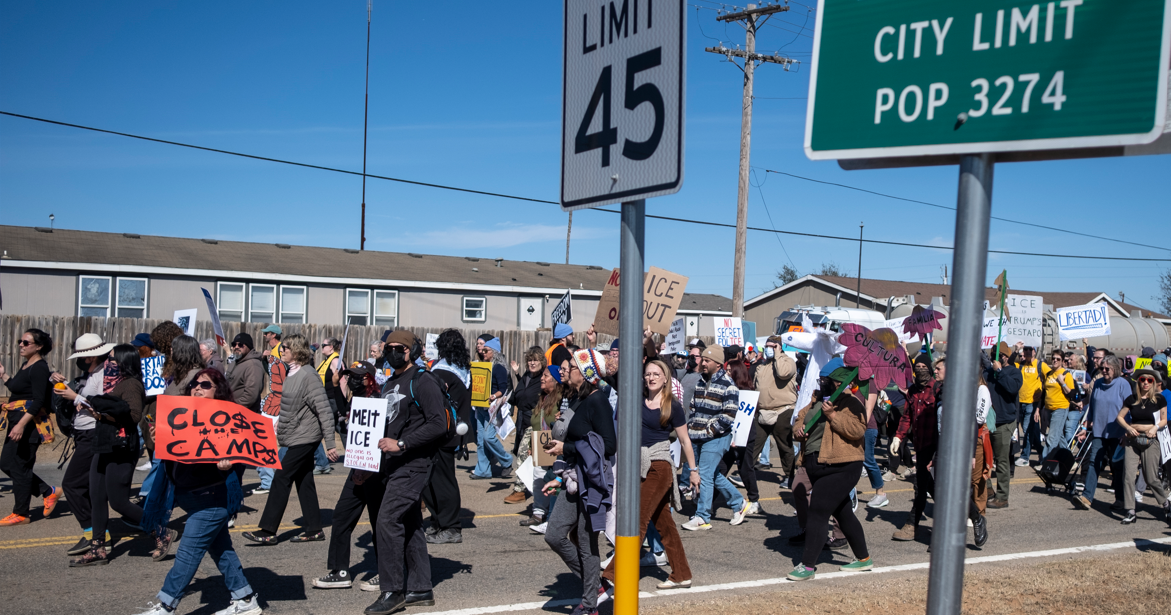San Francisco Sunset District Residents Fight Proposed Housing Development
SAN FRANCISCO (KPIX 5) -- As San Francisco struggles with one of the worst housing crises in the nation, developers are eyeing the city's western neighborhoods as the new frontier. The Sunset District is mostly made up of single-family homes, and that's the way the neighbors like it. So when a developer started on construction to expand the only existing apartment building on their block, they put up a fight.
The old apartment building on Irving Street has become the latest flashpoint in the battle over housing. "We're concerned with a big apartment like this that he will turn it into a motel," said neighbor Jim Philliou.
The new owner converted the first-floor carport into five new units and is doubling the number of bedrooms and bathrooms on the second nd and third floors to 41.
"We'll have an absentee landlord running a piece of the neighborhood," said Philliou who has lived on the block for 25 years.
"Horrible problem," said another neighbor, Barbara Delaney. She and her husband Larry are also longtime residents. "In those 40 bedrooms, there could be as many as 80 people. And even if 20 of them have cars it will be a nightmare for this neighborhood.
READ MORE: KPIX 5 Project Home Series
Adding to their fears for the future are growing suspicions about how the construction ever got started. It turns out the city's Department of Building Inspection signed off on the permit without sending it to the Planning Department first for final approval.
The permit's signature made neighbors even more suspicious. Tom Hui is the former Building Inspection chief who resigned in March after being implicated in a federal corruption case involving former Public Works Director Mohammed Nuru. "He was the one who approved the plans even though he knew or should have known that he didn't have the right to do so without sending them to the Planning Department first," said Larry Delaney.
"That's a complete non sequitur, it's a red herring," said Brian Veit, the owner of the building and developer of the project. "I have never met him and honestly, I didn't even know he ran the department. I had no interaction with him."
Veit says he's just trying to do the right thing. "We're trying to house people. We're trying to find a safe place for someone to put their head at night and close the door. I'm just going to call a spade, a spade here," said Veit. "This kind of privileged rich owner opposition is exactly what has prevented housing, especially on the west side. That's who's opposing this project and that's what's always presented difficulties to providing affordable housing."
We asked Veit why he refers to the housing project as "affordable."
"The reason is their rent is fixed. The building will be 100% rent-controlled," said Veit.
But as we pointed out to him it would be starting out at market rate. So it wouldn't be affordable housing. "No, but my point is that that is a kind of affordable housing," said Veit.
While the new units will be rent-controlled, there's no guarantee that they will be affordable. And we have learned there is a push to create more of this kind of housing in the Richmond and Sunset.
The districts were just recently added to a list of Priority Development Areas or PDAs for future housing growth in San Francisco. "The clear answer from a regional point of view is to try to put the housing within the existing metropolitan area and even more put the housing in a place where we know where there's jobs," said Randy Rentschler with the Association of Bay Area Governments, the group that proposed targeting the traditionally low-density western neighborhoods as part of a long term regional housing plan.
"If you don't do that, then we're forced to put billions of dollars into transportation investments," said Rentschler.
He says the biggest obstacle to creating more housing anywhere in the Bay Area has always been resistance from neighbors. "I have heard every reason under the sun as to why we wish it would be built somewhere else. And that has been the reason that we have the crisis that we have," said Rentschler.
Meanwhile, on Irving Street the fight over the old apartment building has escalated. Veit has now submitted new plans for a fourth floor with eight more bedrooms that neighbors say is going to obstruct ocean views. "We're driving the speed limit. We're in a 40-foot height district. And we're only at 30 feet," said Veit. "And so yes, it is dense, but my question would be when you want to tackle the housing crisis, how are we going to do that without densifying?"
But neighbors told us Veit promised in a text message that he would abandon plans for a 4th floor if they dropped their opposition to the second and third. "Once the developers received the approval for the second and third floor, they broke the agreement and proceeded to submit the plans for the fourth floor," said Barbara Delaney.
"It was totally manipulative," said Larry Delaney.
"We are not against housing. If he was going to commit to build affordable housing for people that need it then we would have to reconsider," said Philliou. "But he has made no commitments to do that."
The Department of Building Inspection and the Planning Department turned down our requests for interviews. DBI sent us this explanation in an email on June 16th:
This property was issued an ADU permit (201811166157) by Planning and DBI in April 2019 to add five Accessory Dwelling Units in the building's carport area. Property owners subsequently filed multiple revision permits for work to be done in the building not relating to the ADU permit application. Applicants are required to obtain separate permits for additional work not relating to the ADU work specified in the permit. In this case, the applicant filed revision permits to the ADU permit proposing changes to the building's second and third floors. The permits for the 2nd and 3rd floors pertained to structural and interior layout changes, which should have been sent to Planning for review. Since DBI was made aware of this, we suspended the permits in the queue so we could research all active permits pulled and figure out next steps. We are in touch with the applicant to discuss filing a master revision permit to account for all revision permits relating to the ADU permit and have been working with the Planning Department to coordinate the approval of the outstanding suspended permits.
All permits issued by the Department have the Director's name on them. When the ADU permit was issued in 2019, Director Tom Hui held the position.
Since then, DBI and the Planning Department have allowed work to resume on the second and third floors. Here's the latest emailed response dated 6/22 from DBI Assistant Director Christine Gasparac:
Here's what Joe Duffy, Acting Chief Building Inspector, sent to the neighbor to explain the process: When DBI was contacted about the number of permits that were issued on this address and we discovered that the Planning Department did not get a chance to review some of the revision permits we decided to suspend four revision permits that were issued by DBI. We did that in order to review our work on the approval of the permits and to give us an opportunity to contact Planning Department staff and the developer.
We have spoken with Planning Department staff since the permits were suspended on May 29, 2020 and we have agreed that PA 202002043524 will show any changes that the Planning Department needs to review. I think it is important to say that some of the changes that were made are structural design revisions that arose due to some field discovered conditions on the existing framing and foundation. This would not be unusual in a project like this in an existing building. The San Francisco Building code does require that a separate permit be obtained for any changes that are made to an earlier issued building permit. This is covered under 106A.4.7 in the SFBC. The engineer for the project possibly could have rolled all of the changes into one revision but decided to do it on multiple revisions which was actually more work for them.
The Planning Department does not typically review structural work or changes to the approved structural work and therefore DBI staff do not always route revisions for this type of work to the Planning Department. Some of the revisions that were made did include interior layout changes for 1st and 2nd floors. The changes to the layouts will be shown on filed permit 202002043524 and that permit has been routed to the Planning Department.
I have met with the engineer and developer on-site to review the permits and to discuss our actions. DBI will be lifting the suspensions on the building permits, and we will close the "stop work" order. We have issued a correction notice to require that PA 202002043524 is reviewed by the Planning Department. DBI will not be approving a rough frame or ok to cover inspection on the project until the filed permit is issued.
We do understand that there is also some concern on filed PA 201909111353 Vertical addition. That permit is currently under review by the Planning Department and is currently not under DBI review.
DBI will be working with the Planning Department to update our policy on the routing of changes/revisions on ADU projects.
Also, I want to address your question about Tom Hui and neighbors suggesting the permits could've been fast-tracked as part of the Nuru case. DBI staff has uncovered no records or other evidence that would support such a claim. When this issue was brought to our attention, a senior inspector suspended the four relevant permits on the project to ensure the project would be vetted through the proper approval channels. It is the policy of the current Interim Director, Patrick O'Riordan, to perform an audit on any permits previously issued that DBI determines did not follow established procedures.
The issue comes up to the Planning Commission on Thursday.
